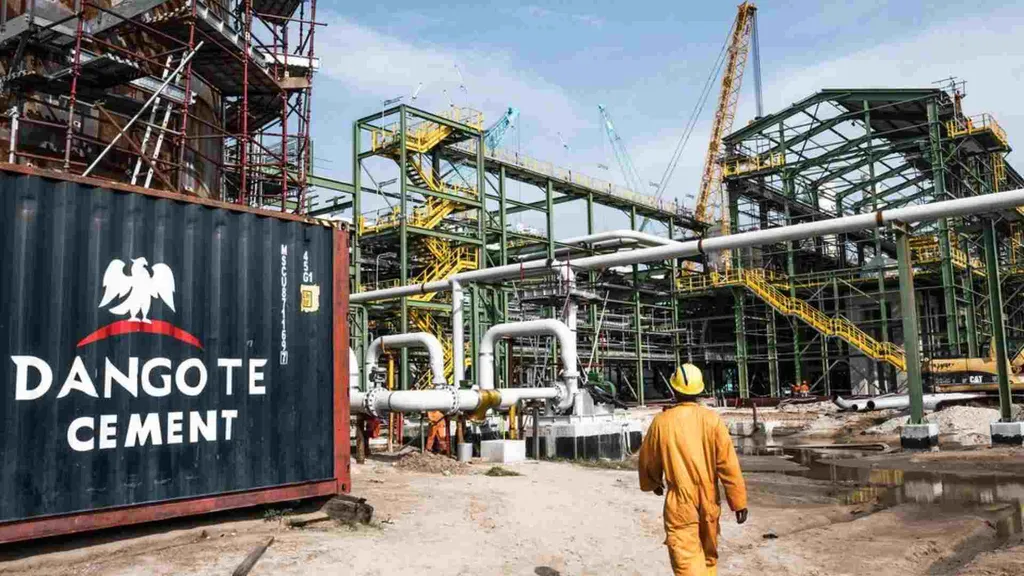In the heart of Nigeria, a burgeoning construction industry is making waves, not just within its borders but across the West African region. A recent study, led by Sunday Julius Odediran from the Department of Quantity Surveying at Obafemi Awolowo University, Ile-Ife, Nigeria, has shed light on the resources and capabilities that Nigerian construction firms need to successfully export their services to neighboring countries. Published in the journal *Frontiers in Built Environment* (which translates to *Frontiers in the Built Environment*), the research offers valuable insights into the commercial impacts for the energy sector and beyond.
The Nigerian construction industry has been on an upward trajectory, fueled by substantial government investments in infrastructure and a vibrant private sector. This growth has given rise to construction organizations with enhanced capabilities, positioning them for expansion into international markets. Odediran’s study focuses on understanding the key resources and capabilities that enable these firms to export their services effectively.
The research employed a quantitative approach, collecting data from 103 construction organizations in Lagos and Abuja. These firms spanned various disciplines, including architecture, engineering, estate surveying and valuation, quantity surveying, and contracting. The data was analyzed using mean score, analysis of variance, and factor analysis to identify the most significant requirements for exporting services into West African markets.
The results revealed that business reputation and trust emerged as the top-ranked resource, with a mean score of 4.04. This was followed closely by human capital (M = 3.94), organizational and operational structure (M = 3.94), and information about the market (M = 3.87). These findings underscore the importance of intangible assets like reputation and trust, alongside tangible resources such as skilled personnel and market knowledge.
“Reputation and trust are the cornerstones of successful business expansion,” Odediran noted. “Firms that have established a strong reputation in their home market are better positioned to leverage that trust when venturing into new territories.”
The study’s implications extend beyond the construction industry, offering valuable insights for the energy sector and other industries looking to expand into West African markets. Understanding the critical resources and capabilities required for successful exportation can help firms minimize economic losses and maximize opportunities in the region.
As the construction industry in Nigeria continues to grow, the findings of this study provide a roadmap for firms looking to expand their services beyond domestic borders. By focusing on building a strong reputation, investing in human capital, and understanding market dynamics, Nigerian construction firms can position themselves as leaders in the West African market.
The research also highlights the importance of collaboration and knowledge sharing within the industry. As Odediran puts it, “The success of one firm can pave the way for others. By sharing best practices and lessons learned, the entire industry can benefit and grow together.”
In the broader context, this study serves as a catalyst for further research and discussion on the resources and capabilities required for successful international expansion. As the world becomes increasingly interconnected, understanding the factors that drive successful exportation of services will be crucial for firms across various industries.
The study’s findings are particularly relevant for the energy sector, which is experiencing significant growth in West Africa. As infrastructure projects in the energy sector expand, the demand for construction services is expected to rise. Firms that can leverage their resources and capabilities effectively will be well-positioned to capitalize on these opportunities.
In conclusion, Odediran’s research offers a comprehensive analysis of the resources and capabilities that Nigerian construction firms need to successfully export their services to West African markets. By focusing on reputation, trust, human capital, organizational structure, and market information, firms can minimize economic losses and maximize opportunities in the region. The study’s findings provide valuable insights for the construction industry and beyond, paving the way for future research and collaboration.

